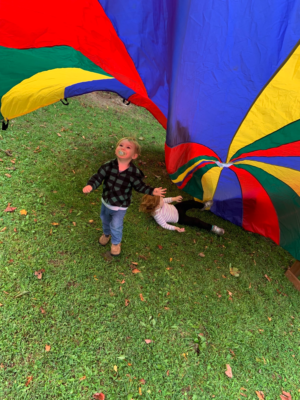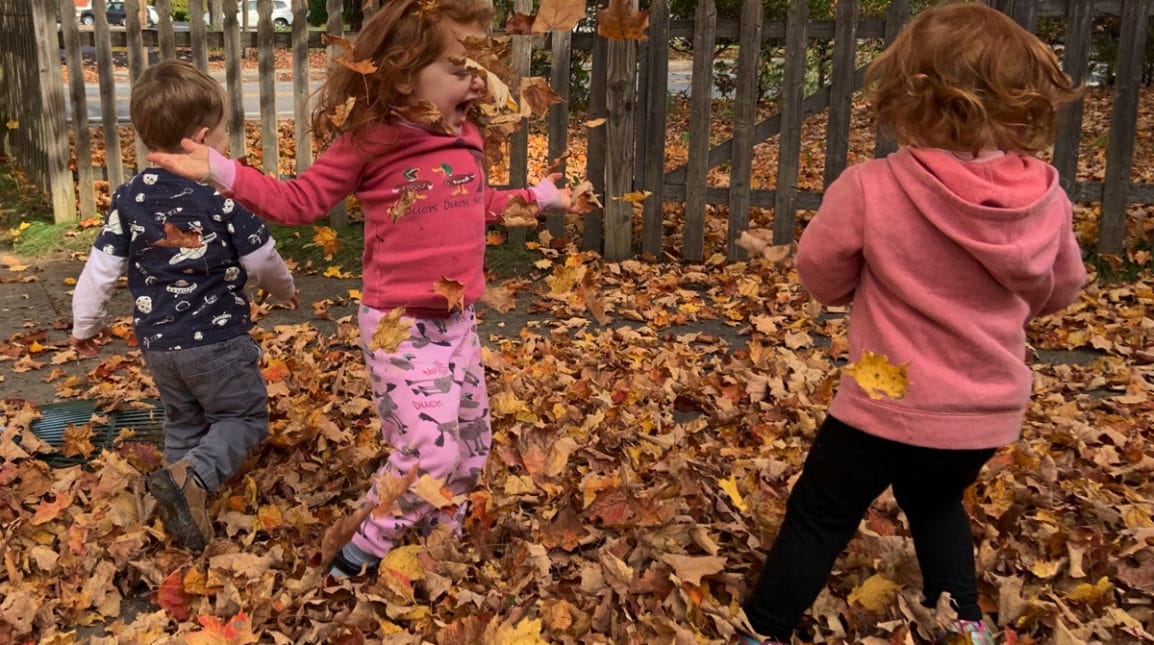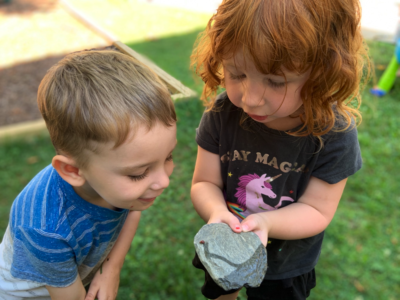If you have a family and live in a rural community, I don’t have to tell you that finding care for your children is hard. For many parents, in fact, it’s so hard that they eventually have to decide whether to keep their job or stay home to care for a child.
Even before the pandemic, the US was in child care crisis mode. The cost and lack of licensed care options put such a strain on working parents who only want the best for their children. This was — and is — especially true in rural communities with a clear achievement gap.
After experiencing two daycare closures within one year, I made the decision to stay home with my daughter. It was a decision based on a combination of need and want. My daughter needed me, and I wanted to be with her. My deep affinity for children goes beyond my own daughter, though, so I also made the decision to go through the licensing process and open my own family child care.
I scoured the internet in search of the perfect curriculum, floor plans, and supplies. I attended as many webinars on early childhood development and online classes on running home–based child care as I could. Having been a working mom, I aspired to create the kind of environment I would want for my own children — a place where toddlers could learn, grow, and thrive.
It was easy to find professional development opportunities for family child care providers. It was also easy to find great curriculum ideas for early childhood, especially for the very young age group I aimed to serve. What I did not anticipate was the amount of time I ended up devoting to professional development and curriculum development — extra time on top of my already 10-hour days. It soon became clear to me that providing care in an FCC environment was truly a labor of love.
While there were plenty of resources out there to develop the kind of program I wanted to deliver, I just didn’t have the golden resource of time.
Enter LENA and their life-changing programming — life-changing for not only children but for providers and caregivers too.

I was well aware of the incredible growth young brains experience in early childhood, but I had no idea how much of a catalyst early talk was for that development. Research tells us that we’re poor estimators of how much we talk. Those of us who talk the least tend to overestimate the most. Even if I had known that conversational turns had such a deep impact on development, and even if I had consciously aimed for the benchmark of 40 turns per hour, how could I possibly track that on my own? As a caregiver, how would I have known that I was actually doing it right?
Child care providers have always been able to show a parent evidence of their child’s growth through things like those precious, refrigerator-ready works of art, or through worksheets displaying mastery of the letter of the day. With LENA, the evidence of a child’s growth takes on a whole new dimension. The data collected can be discussed and acted upon. Discovering ways to increase interactive talk both at home and while in care strengthens the provider–parent team dynamic, benefitting the child’s overall growth.
I used to think I had to do “all the things” to truly impact a child’s life. Now I know that simply listening to a child’s everyday chatter and engaging with them makes such a big difference — even when they just want to talk about worms ad nauseam.
As you can tell by the title of this post, I’m a former family child care provider. When COVID hit my small community, it affected everyone in some way — just as it did throughout our nation. The unique way it affected the parents I served and my own family led to a mutual decision to move away from caring for children in my home. And now, with my daughter attending a full-day preschool program, I’ve landed in a fabulous place: I’m a LENA employee. As an FCC provider, I loved helping the kids in my care grow. As a LENA employee, I know I’m going to love helping so, so many more kids do the same.
I am on a mission to share with everyone the incredible impact early talk can have on a child! How wonderful it is that simply communicating with a child is among the most effective ways to build their young brains — and anyone can do that!
Learn more about implementing LENA Grow into family child care!




